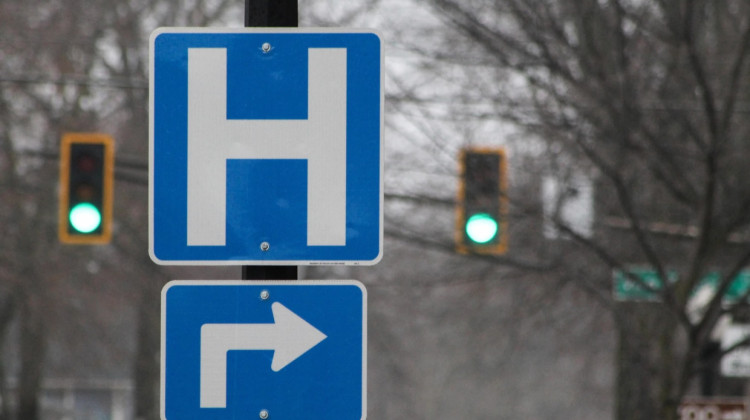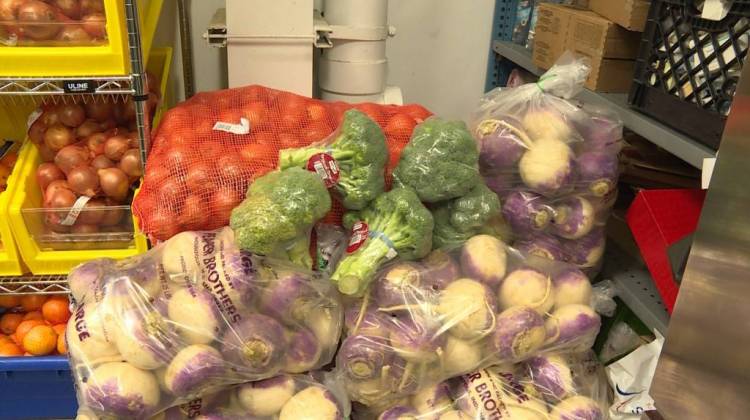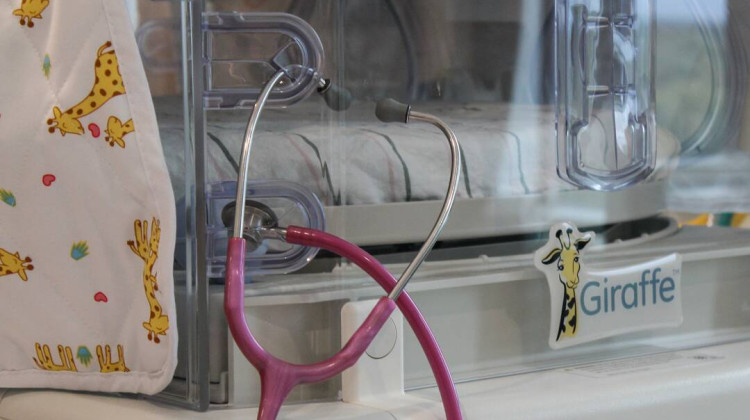Indianapolis-based Eli Lilly is moving to Phase 3 testing of a treatment to prevent COVID-19 after initial success. The next step will be to test the drug at nursing homes where the pandemic has hit hard.
More than half of COVID-19 deaths in Indiana have occurred in nursing homes, according to data collected by the state.
Roughly two months since announcing the first phase of testing in hospitals, the pharmaceutical company is moving to the third phase which will study antibody therapy in nursing homes across the country.
Andrew Adams is the vice president of new therapeutic modalities and COVID-19 research at Eli Lilly. He said to conduct this phase of the study, the company converted RVs to mobile labs needed to test the medicine on location.
“These facilities aren’t typically set up for conducting clinical trials right,” said Adams. “They’re not clinical trial sites, they’re not universities, they’re not hospitals. And so, to conduct the trial we actually had to build a fleet of remote vehicles to take to these sites and conduct the clinical trials.”
The company has already gone into large-scale production of the treatment with plans to have more than 100,000 doses available by the end of this year, pending trial results.
Contact reporter Samantha at shorton@wfyi.org or follow her on Twitter at @SamHorton5.
 DONATE
DONATE







 Support WFYI. We can't do it without you.
Support WFYI. We can't do it without you.